
Culture
09:57, 19-Aug-2018
Man finds joy playing cuju, the parent of modern soccer
Updated
08:58, 22-Aug-2018
CGTN
02:49
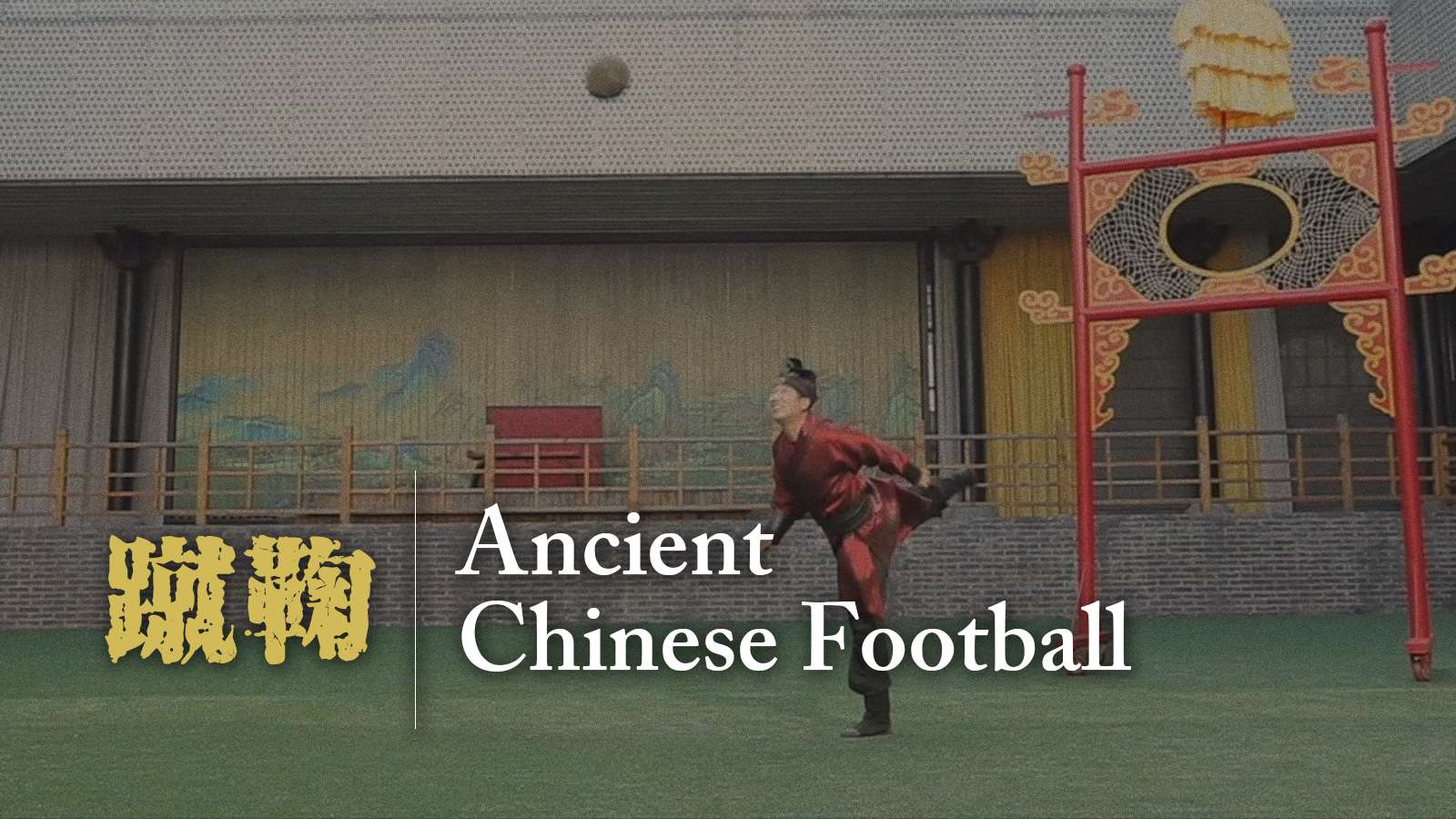
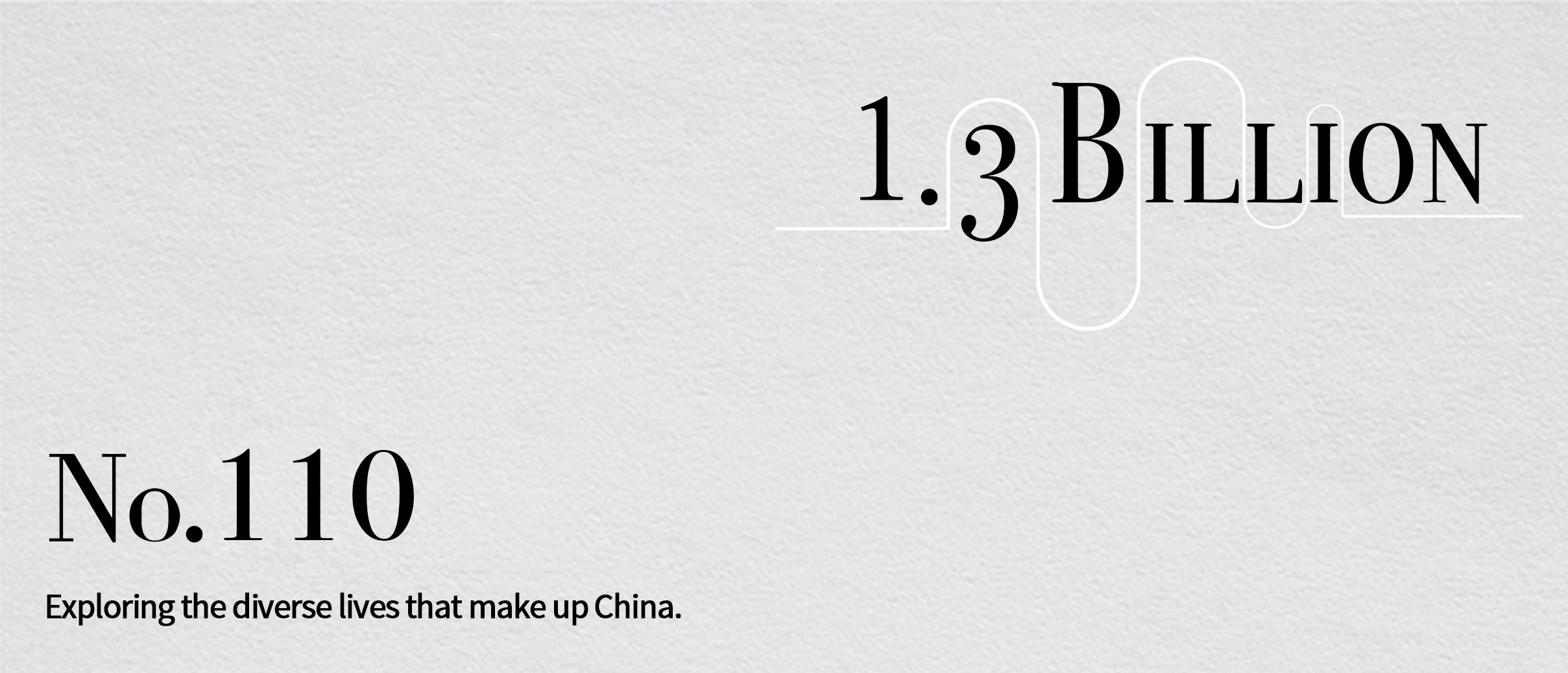
CGTN
CGTN
Before football, there was cuju.
The ancient Chinese sport is the ancestor of the modern popular team activity – and while those who practice it get a kick out of keeping heritage alive, the demanding exercise could leave them breathless.
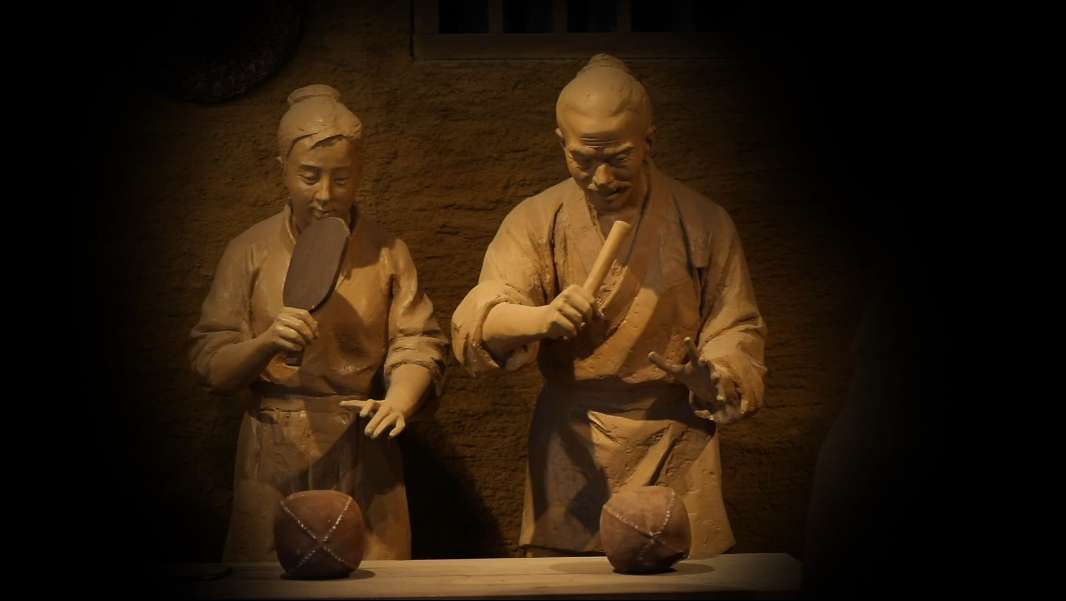
CGTN Photo
CGTN Photo
"Cu" means "kick", and "ju" refers to leather balls with soft filler.
The sport dates back to ancient China's Warring States Period, and gained popularity in Linzi, the capital of the Qi state which is located today in the city of Zibo in the eastern province of Shandong. The game was used to keep troops in shape, but also "a way to lift the morale of the soldiers," according to the Records of the Grand Historian, which documents the history of China.
The sport gained momentum in imperial China, evolving from a training and entertainment activity to a kind of performance.
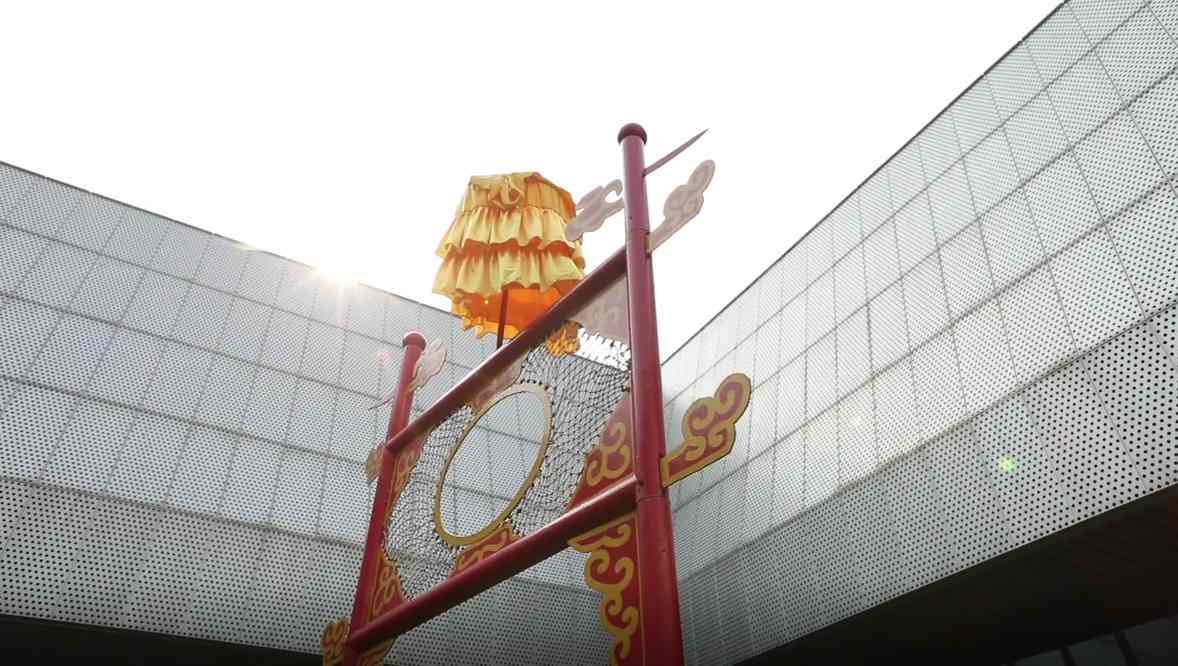
CGTN Photo
CGTN Photo
In 2004, FIFA confirmed that China is the cradle of football. The same year, Li Weipeng joined the game.
Li was born in Linzi, the birthplace of cuju. He began to play football at the age of 9, and switched to cuju at 17.
"I play both. It feels like having a conversation between modern and ancient times."
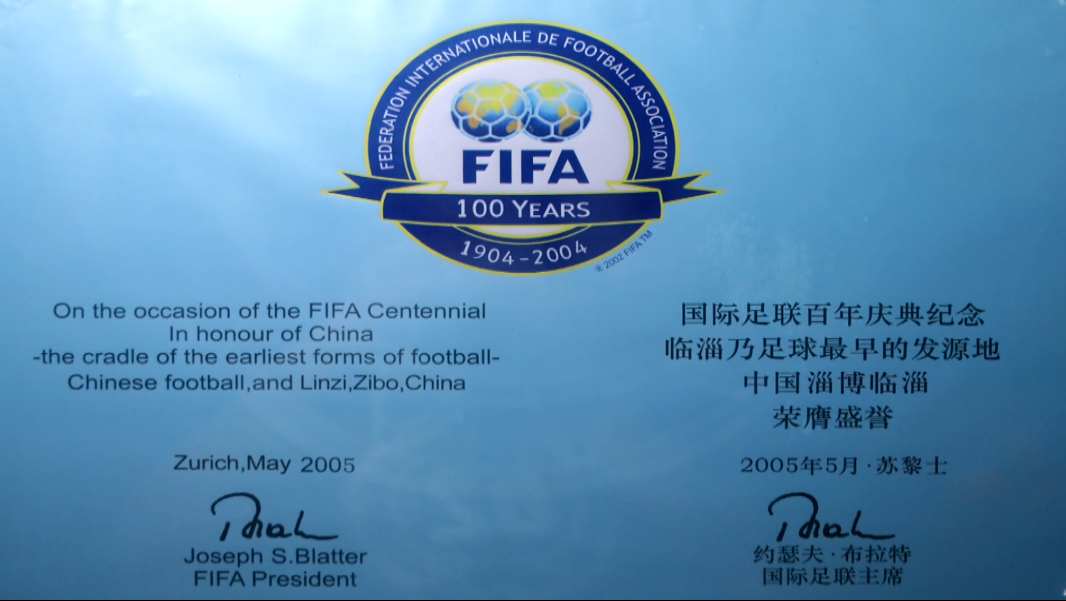
CGTN Photo
CGTN Photo

CGTN Photo
CGTN Photo
After Linzi was recognized as the place of origin of football, the district decided to establish its own cuju team.
Out of curiosity, Li registered as a professional footballer. Because of his remarkable skills, he stood out from nearly 70 candidates. However, the young boy soon found himself facing a tough reality.
The closed-door, monotonous eight-hour training every day was almost unbearable.
"The training was very tough at first. I was already exhausted at noon and fell asleep sitting there," says Li. "You just kept juggling the ball. It's the basic of all the tricks and skills."
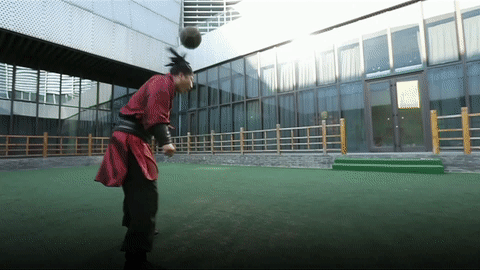
CGTN Photo
CGTN Photo
The laborious tricks are essential for putting on a good show.
"Harvesting the peach (juggling)", "shouldering the moon (back dribbling)", "shooting-star turning (knee controlling)" all are famous tricks recorded in ancient books. Among them "harvesting the peach" might be the most difficult one, which took Li a month to get the hang of it.
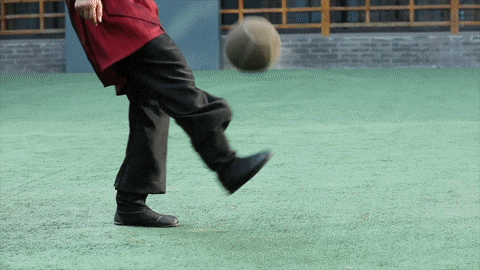
CGTN Photo
CGTN Photo
There are many ways to play cuju, including team confrontation, single-goal and trick performances. Cuju performances have become an important part of the football culture, with Li's team being invited to perform on many exchange activities, including ones attended by international football players.
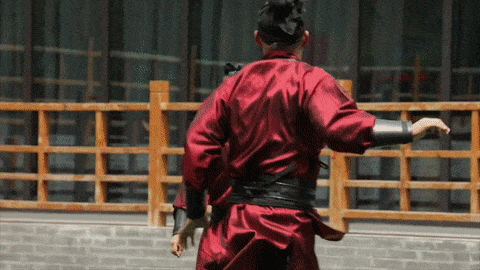
CGTN Photo
CGTN Photo
During the China-Brazil Sports Culture Exchange in 2013, football star Kaka played cuju in Han Chinese clothing outside the Bird's Nest Stadium in Beijing.
A fan of Kaka, Li was also in the game. "When I passed the ball to Kaka, I felt like my dream has come true."
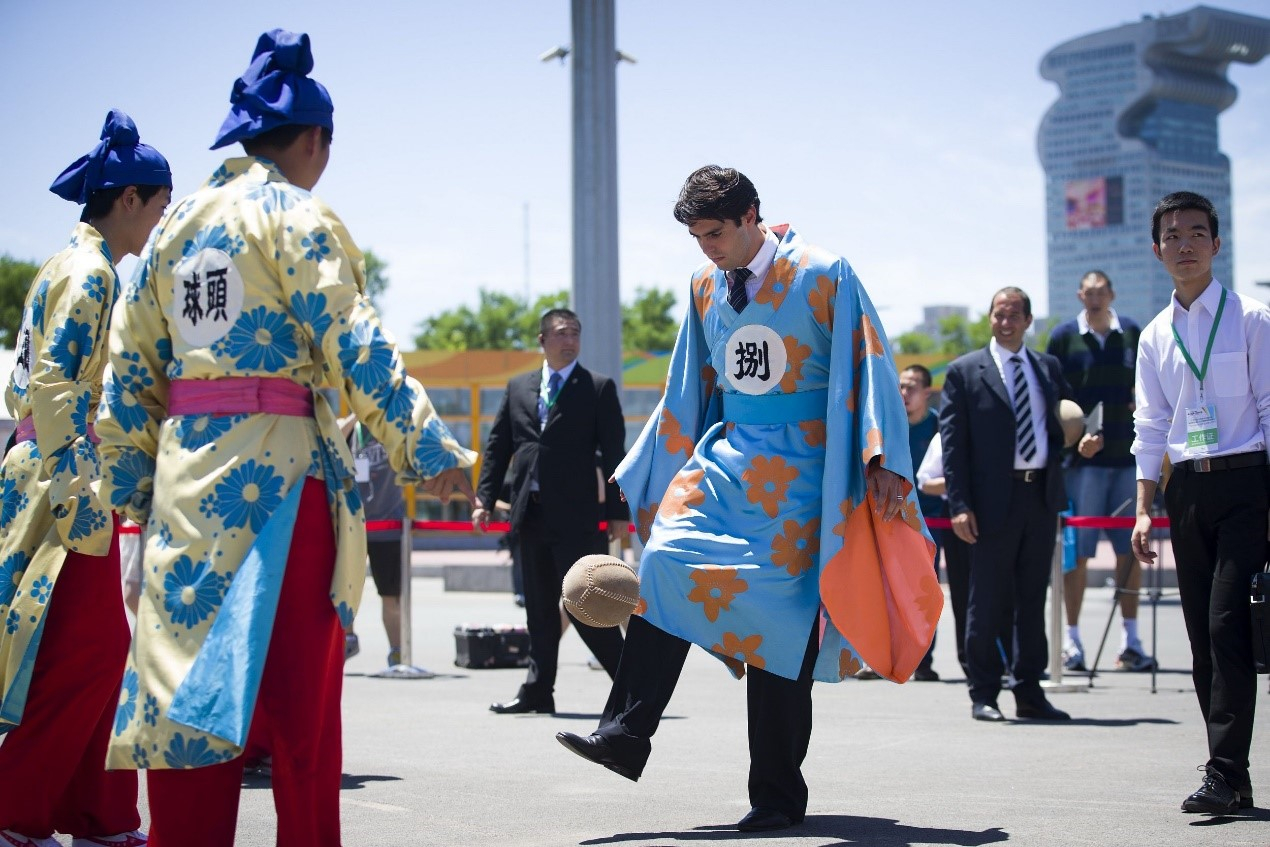
Li (Second left) plays cuju with Kaka. /VCG Photo
Li (Second left) plays cuju with Kaka. /VCG Photo
Li enjoys the training now. "It's because I like doing sports. I like playing football and cuju."
He is happy about performing publicly and promoting cuju. "I feel fulfilled when I perform," says Li. "The training turns out fun, too. We enjoy it very much."
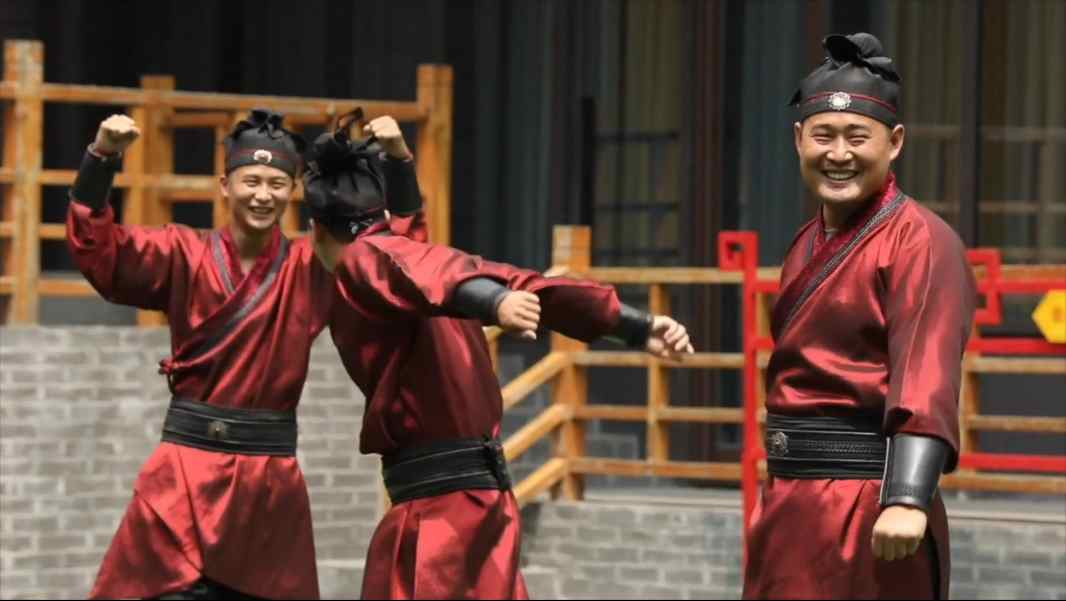
CGTN Photo
CGTN Photo
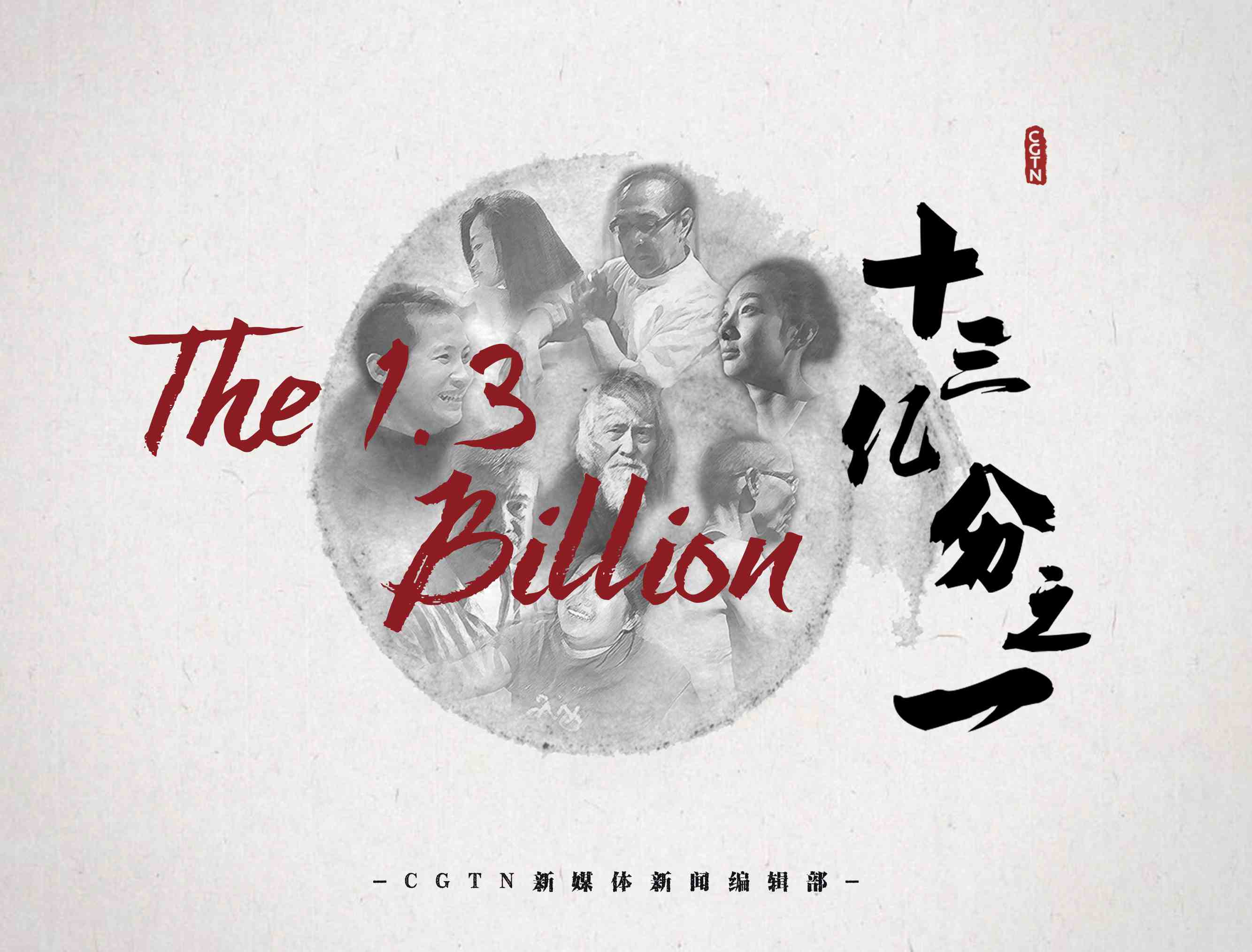
The story is one in The 1.3 Billion series exploring the diverse lives that make up China.
The story is one in The 1.3 Billion series exploring the diverse lives that make up China.

SITEMAP
Copyright © 2018 CGTN. Beijing ICP prepared NO.16065310-3
Copyright © 2018 CGTN. Beijing ICP prepared NO.16065310-3